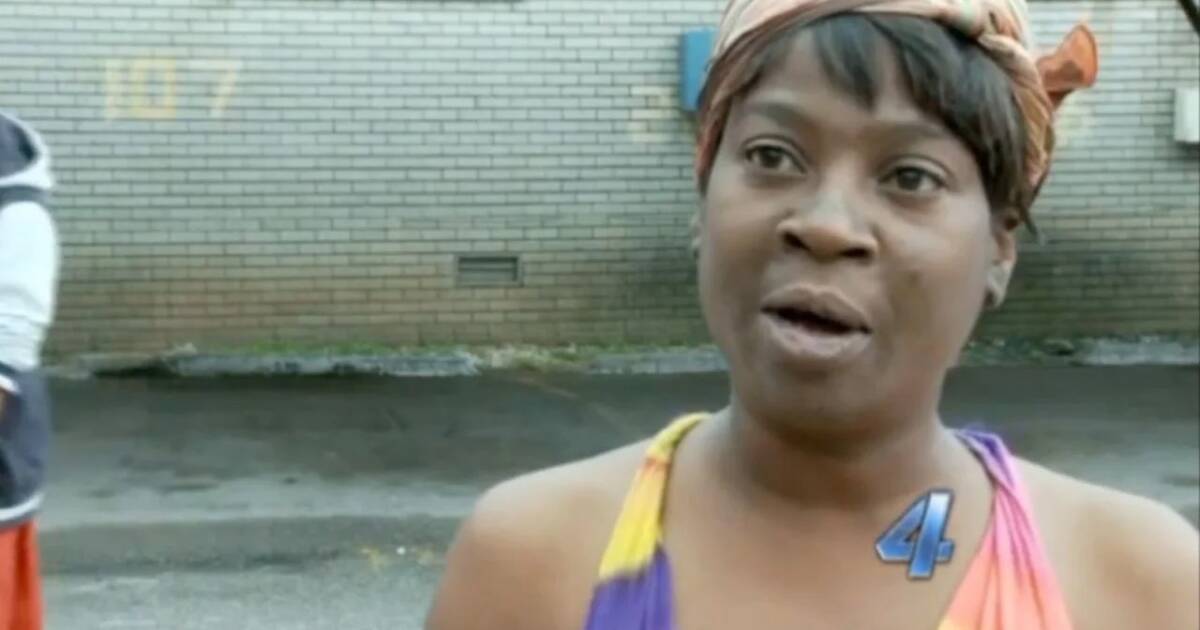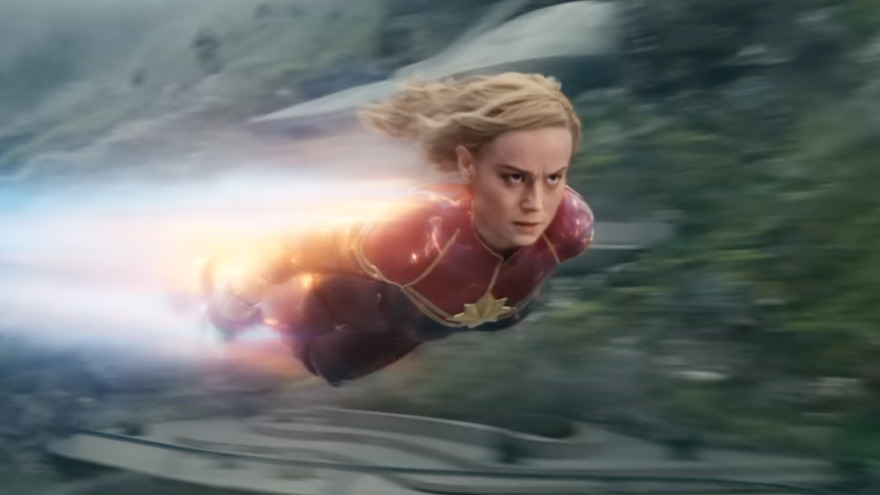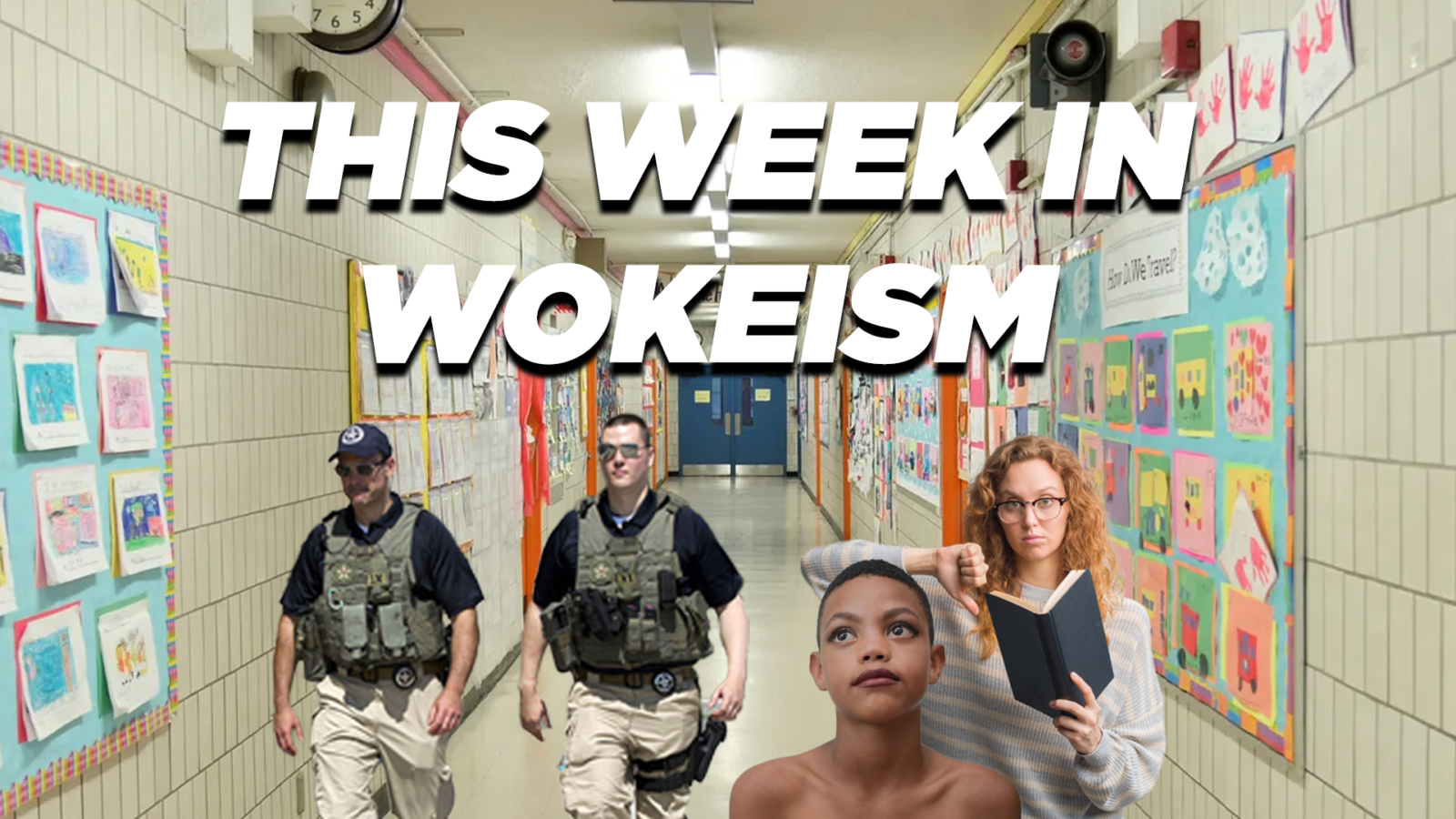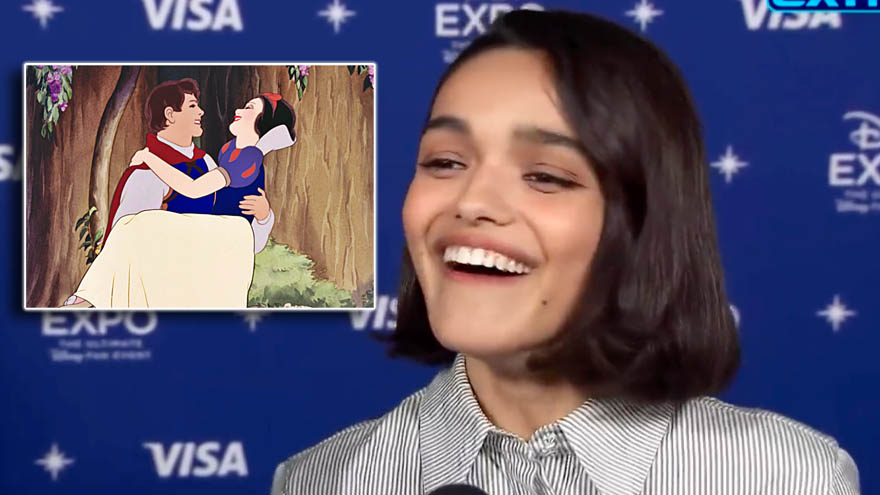One of my favorite aphorisms is “in the race to the bottom, there is no bottom.” But I think this tweet asymptotically approaches the singularity of stupid at the core of racial offense.
The replies here are spot-on and well-deserved. I’ll skip the crassest ones, although Twitter boss and meme-lord Elon Musk gave one the 💯 emoji. The consensus of the ratio dogpile is “shut up!”
And the king daddy of slams: the frog of shame.
At the time of posting, the frog has 6,780 more likes than the original tweet, a ratio of 2.338. Ratio’d by the frog of shame.
With this self-satire, CNN has served up the nougat-y center in the chocolate bar of “woke” excess. The linked article, “What’s ‘digital blackface?’ And why is it wrong when White people use it?” is the apotheosis of John Blake’s series of articles like “When you’re the only white person in the room,” or “How Jimi Hendrix’s race became his ‘invisible legacy’,” or “The new threat: ‘Racism without racists.” What these have in common is plying the sea of anti-racism, defined as “anyone who doesn’t agree with me is a racist, and that goes double if they’re white.”
Looking at the “digital blackface” article, Blake, a CNN producer and writer, cites the most erudite of sources, Lauren Michele Jackson, an assistant professor of English at Northwestern University, who wrote a peer-reviewed academic thesis—no I’m just kidding—a breezy essay in Teen Vogue on the subject. The key takeaway is this:
Now, I’m not suggesting that white and nonblack people refrain from ever circulating a black person’s image for amusement or otherwise (except maybe lynching photos, Emmett Till’s casket, and videos of cops killing us, y’all can stop cycling those, thanks). There’s no prescriptive or proscriptive step-by-step rulebook to follow, nobody’s coming to take GIFs away. But no digital behavior exists in a deracialized vacuum. We all need to be cognizant of what we share, how we share, and to what extent that sharing dramatizes preexisting racial formulas inherited from “real life.” The Internet isn’t a fantasy — it’s real life.
LOL. The Internet is indeed fantasy: a dark, brooding pit of venomous monsters feasting on real life like zombies eating brains. Everyone knows this.
But there’s more. Indeed, Blake, who is Black, quotes an academic paper by a person named Erinn Wong, which won the Charlene Conrad Liebau Library Prize for Undergraduate Research at UC Berkeley, in 2019. “Digital Blackface: How 21st Century Internet Language Reinforces Racism.” I bet Blake had to dig deep to find this one, which lists Ralph Northam’s 1984 yearbook and NeNe Leakes from Real Housewives of Atlanta (citing Teen Vogue) among its figures. I can’t find much on Wong online, but her advisor on the paper, which was not peer-reviewed, was Carmen Acevedo Butcher, the famous author of “The Cloud of Unknowing,” a translation of an anonymous 14th century Christian mystical text.
Creds, baby.
The fact is, the Internet lives on memes, especially social media sites like Twitter, Facebook, Reddit and Instagram. White, Black, Giga-Chad, gay, trans or non-binary, it’s all fodder for the multiverse of memes. Feeling offended by memes because of who used them is what my college student nephew would undoubtedly characterize as a “you problem.”
The worst part is that Blake, if he had written something more meaningful and thoughtful, could have used the opportunity to open a real discussion on the problem of online racism and hate. Given the topic, and the sheer volume of racial ignorance online, is this really the best he could do?
But that’s what CNN, which at one time was a serious news network, and at times these days plays one on TV, has descended to. In the race to the bottom, CNN is drilling for “black gold,” which I’m sure, as a euphemism for oil, is a term of digital blackface.
Follow Steve on Twitter @stevengberman.
The First TV contributor network is a place for vibrant thought and ideas. Opinions expressed here do not necessarily reflect those of The First or The First TV. We want to foster dialogue, create conversation, and debate ideas. See something you like or don’t like? Reach out to the author or to us at ideas@thefirsttv.com.







